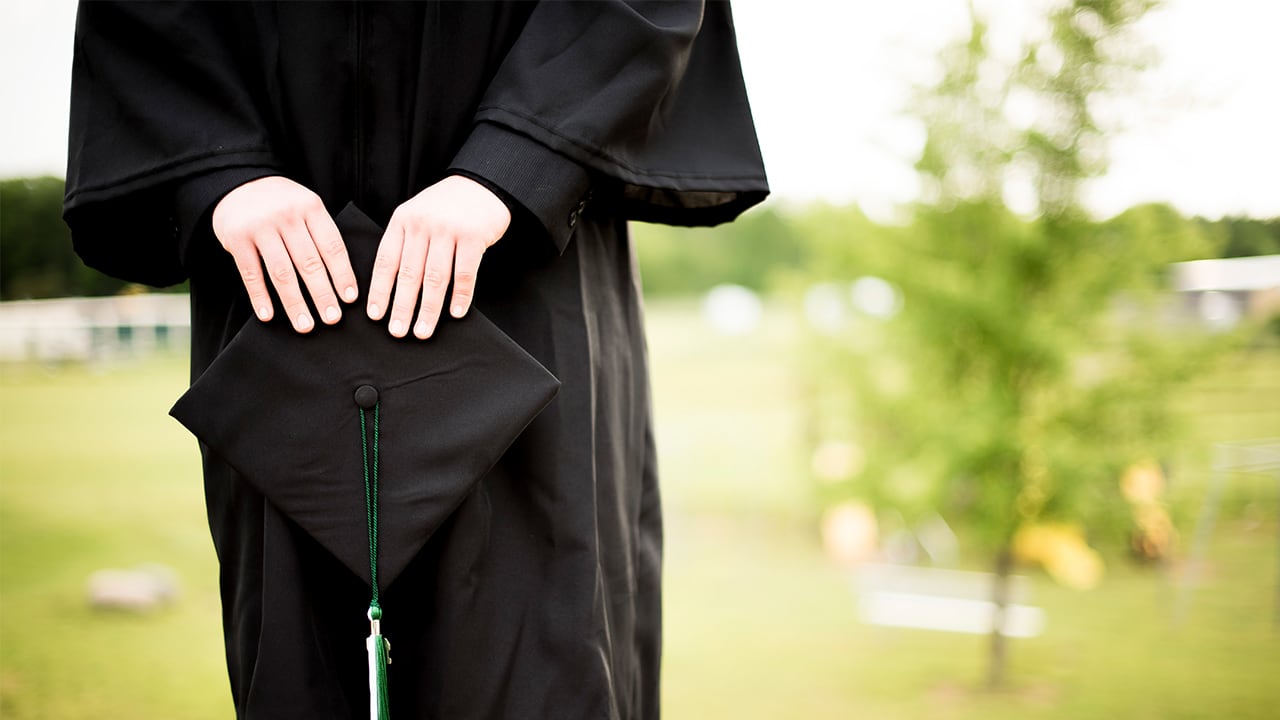Ask Dr. Swindoll: How Do You Balance Scholarship When Preaching?

Several times a year, Dr. Swindoll preaches in chapel at DTS and engages in a question-and-answer time with prospective students. Here are some of the questions he answered recently.
How do you balance scholarship when preaching?
I remember that my audience is not a group of theologians. The art and skill of preaching have to do with delivering the goods—the delivering of divine truth—in a way that is understandable and memorable. I ask myself, “Will they get this? Am I just parading my knowledge, or am I using a language observation to help listeners see the value of it?” Before I came to DTS, I worked in the marketplace, and I served in the Marine Corp. I remember those contexts, and I try to deal with people realistically.
I also honor the people to whom I minister. I don’t talk down to them. If it weren’t for them, I’d be talking to an empty room. I could easily insult them–and I never want to do that—or take advantage of them because they are a captive audience. I never sell my books from the pulpit. I never mention my broadcasts.
A medical doctor must know anatomy and chemistry, but when a patient is going to have a gall bladder removed, he or she wants only to know if it will hurt, how long healing will take, and how much it’ll cost. The patient usually cares nothing for the anatomy of it. The same is true of preaching. I must study to know the Word, but deliver to the audience only what they need.
How do you keep your relationship with God fresh and increase your knowledge of God’s Word?
I’m ever aware of the enemy. Every day I’m conscious that I have a very real enemy who would love to see me fail. And it won’t begin with a major fall—it’ll begin with a compromise, a slight hedging on the truth, a cover-up, a lack of complete honesty, an unwillingness to be accountable. On this earth, my relationship with my wife is the most important one in my life. Aside from my walk with Christ, my time with her is invaluable. She is a very honest woman. She is not at all enamored of me—and I’m so grateful for that. She loves me dearly, but that does not mean she’s unaware of what I need to work on. When I’m preaching, if I exaggerate a little, she will say, “There were not 3,000 people at the meeting. There were 2,800.”
“I know,” I tell her.
“Well, then, say 2,800.”
When I approach the Scriptures, I don’t go back to redo previous messages. I think anew about how to communicate, and I ask God for freshness so I won’t become predictable. Pastoring a church helps. The people in my congregation have heard all my stuff. So I have to stay fresh. . . . Which brings me to study. I am an avid student. I have a large library, and I am in it several days a week. I’m forever reading. Some books I read more than once. As with a great film in which you see more the second time around, reading again brings new insights.
I’m ever aware that I’m a sitting duck to a fall. I never want that to be true of me. I’m eighty-one, and that doesn’t bother me at all. I stay accountable. I’m committed to finishing well.
About the Contributors

Charles R. Swindoll
Charles R. Swindoll has devoted his life to the accurate, practical teaching and application of God’s Word and His grace. A pastor at heart, Chuck has served as the founder and senior pastor-teacher of Stonebriar Community Church in Frisco, Texas. His leadership as president and now Chancellor Emeritus of Dallas Theological Seminary has helped prepare and equip a new generation for ministry. Chuck and his wife Cynthia, have four grown children, ten grandchildren, and two great-grandchildren.

